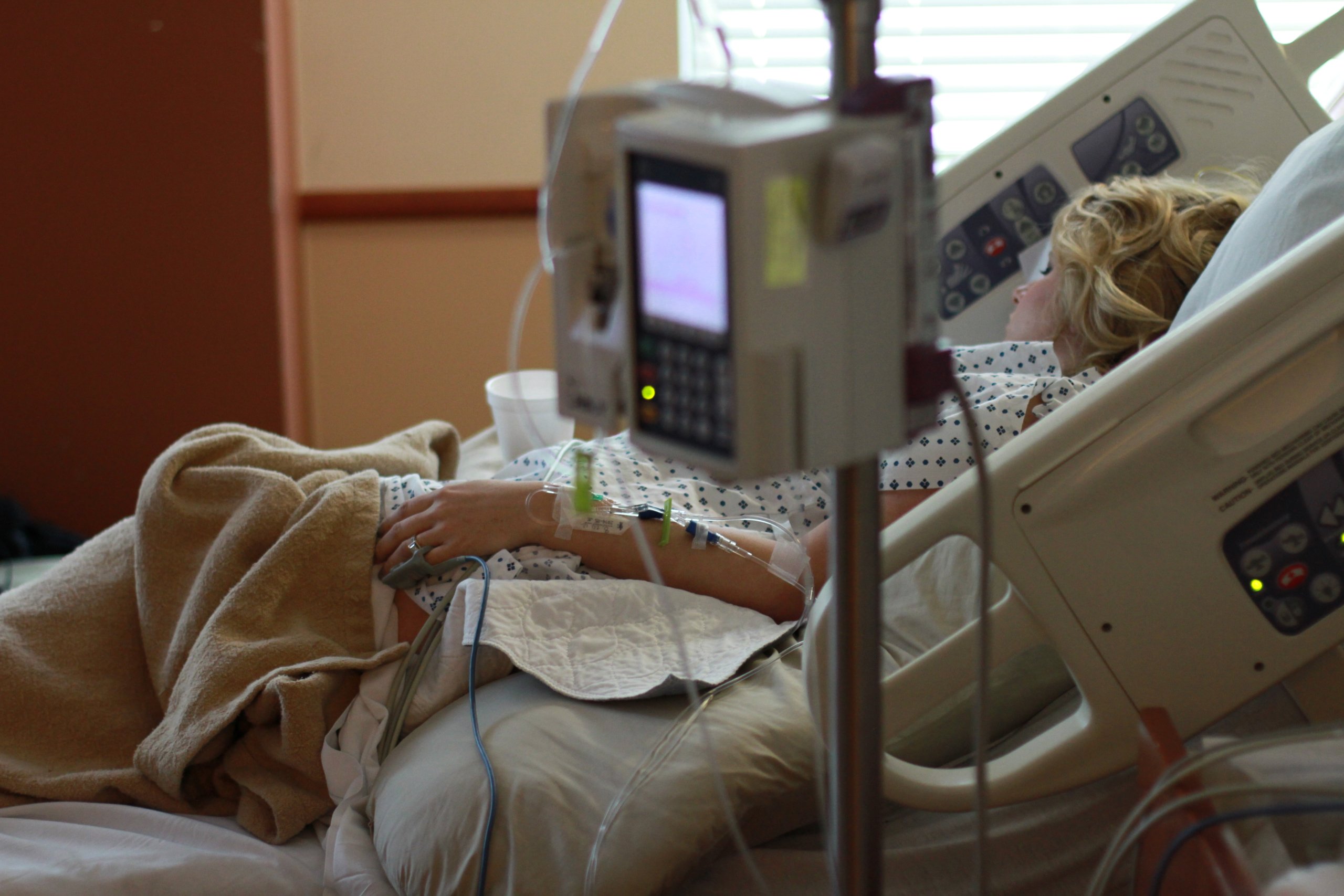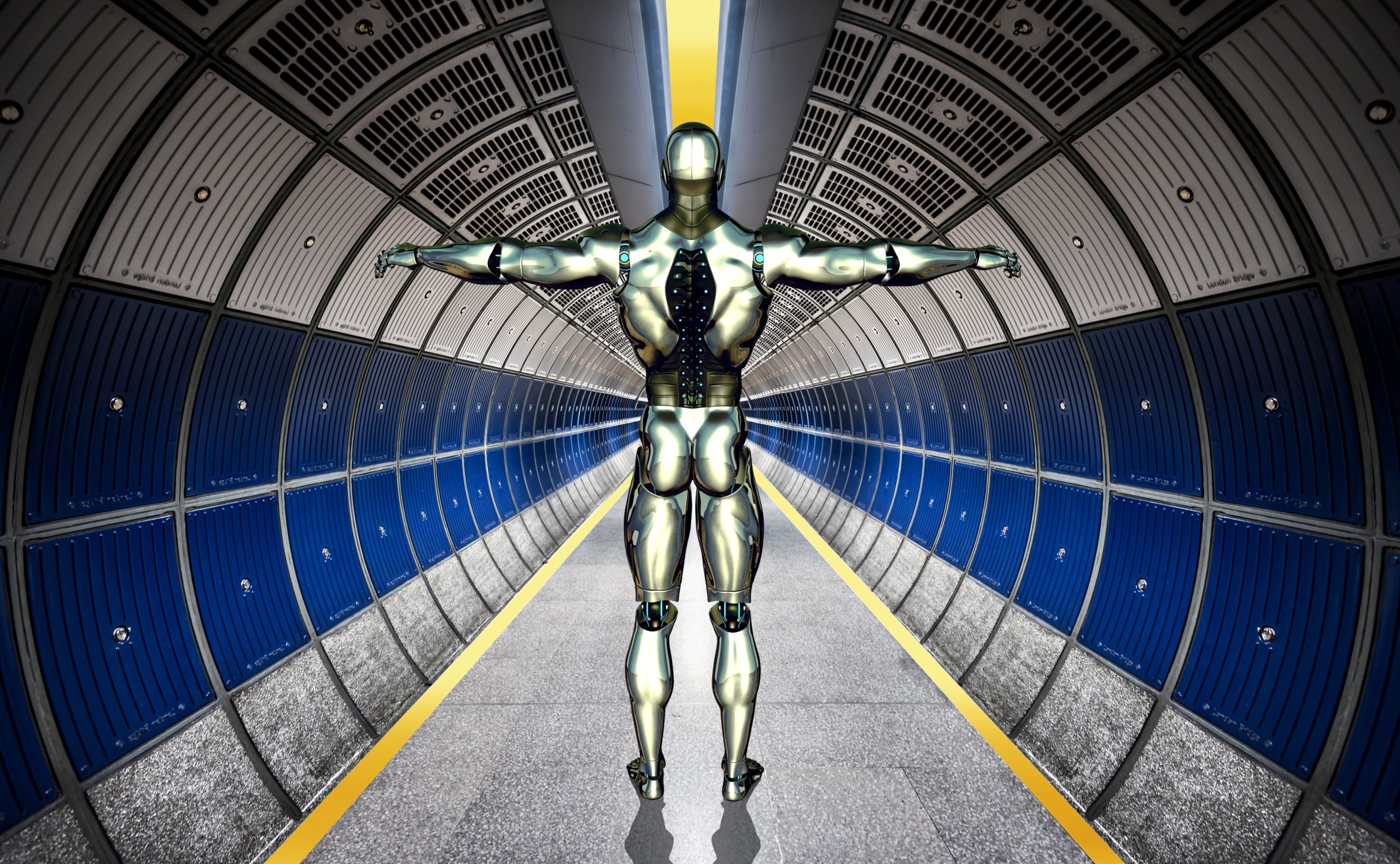 Today, the Internet of Things (IoT) is found across many fields, especially in the industrial and manufacturing fields. But it wasn’t always like that. It took a great deal of investment, work, and learning to implement IoT into large fields like logistics and manufacturing. But the effort was certainly worth it; those fields are more efficient, innovative, and kinder to the environment because of IoT’s versatile capabilities.
Today, the Internet of Things (IoT) is found across many fields, especially in the industrial and manufacturing fields. But it wasn’t always like that. It took a great deal of investment, work, and learning to implement IoT into large fields like logistics and manufacturing. But the effort was certainly worth it; those fields are more efficient, innovative, and kinder to the environment because of IoT’s versatile capabilities.
One field which IoT hasn’t fully broken into is healthcare. While the interest in the technology is growing in medicine, it hasn’t been implemented with a holistic vision yet. That’s a shame because the possibilities are endless for IoT development in healthcare.
The Current State of Healthcare IoT
This isn’t to say that IoT has been completely absent from healthcare. In fact, many of us wear a little IoT device on our wrists to monitor our heart rate, activity levels, and stress levels. All of this data is analyzed and presented in the phone app that houses the settings for our smartwatches. But this example is really just the tip of the iceberg as far as IoT medical applications go.

Many diabetics also have continuous glucose monitors or smart insulin pens that record the time and amount of insulin injected. These smart devices also recommend the best time and amount of dosage for the next injection.
For patients with respiratory, pulmonary, and asthma issues, smart inhalers connect to an app that helps patients understand what causes symptoms. The smart inhaler additionally predicts when the patient may encounter an allergen.
Pharmaceutical companies are using IoT to monitor temperature remotely during the transportation and storage of vaccines.
At hospitals, connected equipment tells patients where exactly they are in the hospital, helps hospital management figure out any replacement needs, and even monitors and analyzes staff performance.
To help their patients avoid hospital visits, physicians can enable a symptom-tracking app that sends the provider an update every time the patient goes in for treatment or consultation.
There are even electronic medication products that remind their user to refill their medication; some come equipped with digestible sensors that trigger a user notification if the medication was skipped or not taken on time.
Even with these innovations in healthcare, medical applications that utilize IoT have a long way to go to meet their true potential. There will be many bumps in the road from threats and challenges, and we’ll need to optimize how the good can outweigh the bad.
IoT Offers Big Advantages
As we know from other industries that implemented IoT earlier, the technology offers almost limitless possibilities to the field it’s being applied to. In healthcare, IoT has the potential to alleviate providers and offer better work-life balance, render services more effectively, and help decrease the number of patients suffering from chronic disease.
IoT offers myriad opportunities for the healthcare and pharmaceutical industries, in addition to opening up many doors for patients.
Smart sensors connected to an IoT network can help patients and providers practice preventative medicine more easily. Sensors can analyze and monitor daily lifestyle choices, health conditions, the surrounding environment and more. When added to an IoT system, the system can even recommend an optimized routine and goal chart for the patient (with the physician’s permission, of course).

Finding your medical data within an IoT network is much easier than calling every single doctor, dentist, surgeon, and nurse practitioner you’ve visited for a history chart. This reduces office work, as billing and reception can search for the patient’s information in a large trove of medical data instead of calling other doctors’ offices all day. This even reduces errors in diagnosis and treatment as providers can check into the patient’s history without relying on the patient to call their other doctors first.
If with this giant mass of data, a healthcare system wants to implement artificial intelligence (AI), the AI could analyze past treatments and diagnoses to further reduce the risk of error. The AI can eventually also recommend treatment for patients it predicts may need it soon. This amount of data can also be used for medical research purposes, furthering the field faster.
Lastly, and possibly most importantly for most people, IoT offers more affordability in healthcare; it helps patients reduce how many times they visit their doctor and their local hospital.
Threats and Challenges for Healthcare IoT
Although these possibilities indicate a brighter and healthier future, we must not overlook the challenges and threats to a healthcare IoT system.
The first and foremost issue that affects every single person in the IoT system is data security and privacy. These topics remain a huge concern for IoT users and administrators. While personal data may not include much more than a credit card and shipping/billing address in another field’s IoT system, in healthcare, the leaked data is multidimensional and historical. This risk is massive in healthcare IoT systems, and it solely almost outweighs all of the advantages of a full-fledged IoT system within the healthcare space.
Another major issue, which would grow in risk for third-world countries, is the possibility of connected equipment or power failure. For healthcare IoT systems, there is no room to skip a software or hardware upgrade.
Because there are no standardized rules or regulations for IoT protocols (in any industry), healthcare could greatly suffer from various implementations of IoT across various regions of the world. With the lack of standards, it’s possible we may never have a global or even national healthcare IoT system. Unfortunately, this issue directly impacts patients due to a lower efficacy of the entire healthcare IoT system.
Lastly, implementing IoT in healthcare is costly, in time, money, and human effort. In some healthcare systems, this cost could be passed down to patients. That’s not exactly a great selling point. But perhaps that hints at a flaw in the system rather than the technology.
IoT in Healthcare Is Inevitable
It’s imperative that we address the obstacles we’ve discussed now before IoT gets bigger in medicine. According to NYC-based Business Insider, the IoT healthcare market will grow to $400 billion by 2022 due to higher demand, better coverage of 5G networks and connectivity, and improved technology overall. We can already see this shift happening. In recent years, tech titans like Samsung, Google, and Apple have all moved into the healthcare space in a variety of endeavors.
Even with all of the challenges in the implementation of IoT in healthcare, it’s obvious that IoT will bring many, many advantages along with it to the healthcare industry. Ultimately, it could end up revitalizing innovation in this sector.
What do you think of IoT’s future in healthcare? Do the cons outweigh the pros? Or do you think the sooner we implement this technology in medicine, the better? Let us know your thoughts in the comments below!





